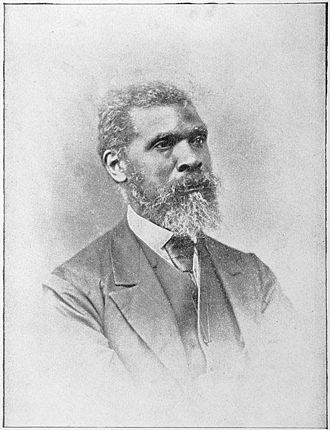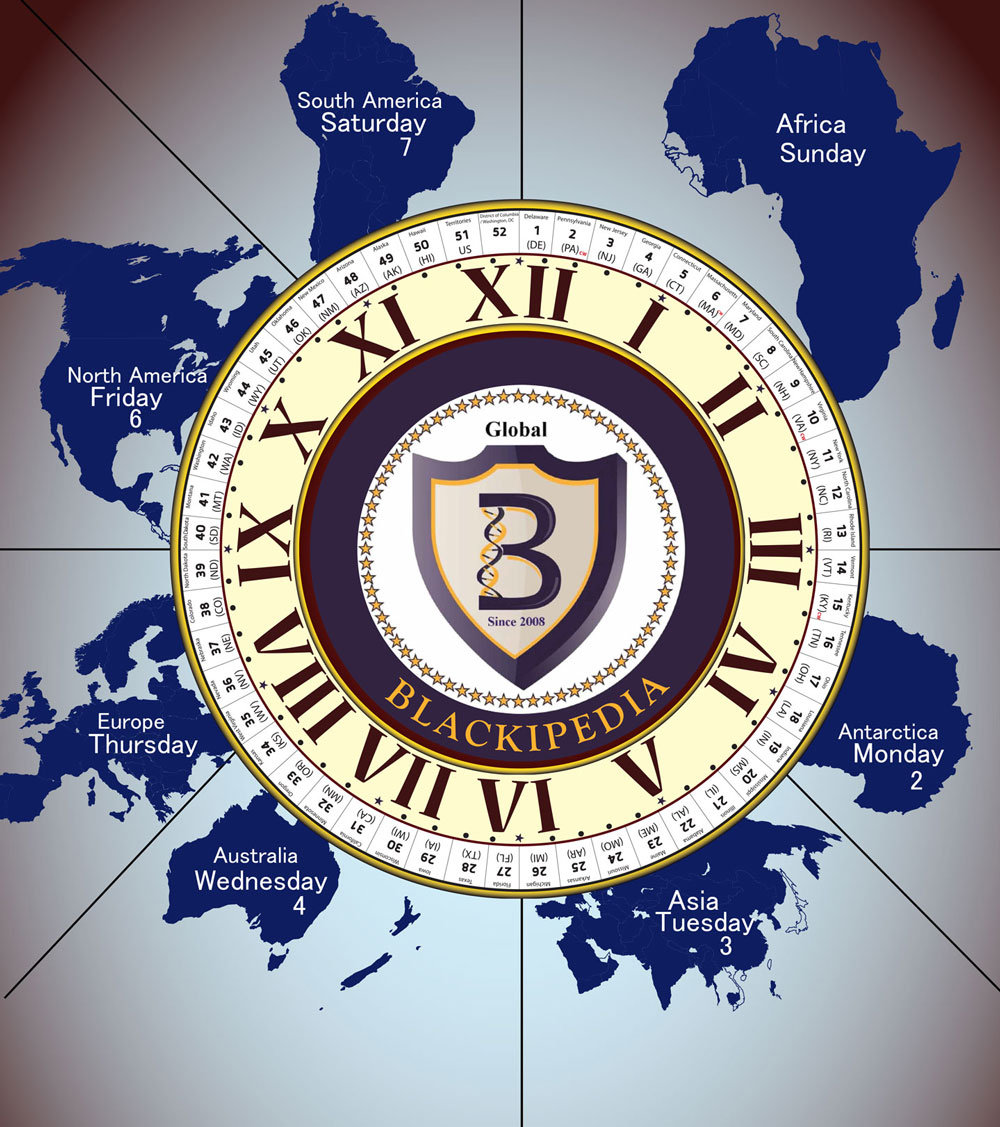The Bowers family lived in Philadelphia, which had become Pennsylvania’s capital after it had entered the State of the Union on December 12, 1787. Philadelphia became a city known for it’s abolition groups and movements, and the Bowers family was no exception. John C. Bowers Sr. was a founding member of the Pennsylvania Anti-Slavery Society. John and Henrietta Bowers lived in the seventh ward of Philadelphia, where they raised 13 children, one of which shared the name, John C. Bowers.
The family attended St. Thomas African Episcopal Church services, where the father was a vestryman and school trustee. The younger John C. Bowers was an active member and became the church’s organist. The family had a love for music, shown by two of the children going on to have singing careers. Thomas Bowers had learned to play the piano and organ from his brother John but trained his voice with a famous African American artist and then went on to have a solo career as a concert tenor. Sarah Sedgwick Bowers chose a singing career and was a concert soprano, and in 1856 she toured professionally.
The younger John C. Bowers continued to be an organist; he also ran a clothing store and was a member of many literary societies. He was one of the Philadelphia Library Company of Colored Persons’ constitution signatories, instituted on January 1, 1833. Bowers was also involved in starting the Gilbert Lyceum, which enabled women to work alongside men in literary and scientific endeavors. In 1841 Bowers also became secretary for a weekly newspaper, The Colored American.
Bowers was vocal in his stance regarding enslaved Africans’ conditions, and he was adamantly against emigration. Bowers was a permanent officer of the Colored Conventions beginning with the one in 1855 held in Philadelphia, and in 1865 he was elected president of the Colored People’s Union League of Philadelphia. Bowers was a founding member of Unity Lodge No. 711, the first lodge of the Grand United Order of Odd Fellows to be established in Pennsylvania for African Americans, on June 5, 1845. He was involved with the society for the remainder of his life, even holding the title “Grand Master” from 1870-1871.
Another member of the Bowers family, Henrietta Smith Bowers Duterte, became the first female undertaker in the nation. She served the middle and upper-class families in Philadelphia as their tailor. In 1852 she married Francis Duterte, who was a Haitian-born coffin maker. Duterte passed away in 1858, and Henrietta went against all gender restrictions of that time and took over her husband’s business. She did business under her name, which made her the first woman undertaker in Philadelphia and the first woman undertaker in the nation.
Henrietta became an agent of the underground railroad. She would hide runaway enslaved African Americans in coffins or disguising them as part of a funeral service as a way to ensure safe passage through Philadelphia. Henrietta also funded Stephen Smith’s Philadelphia Home for Aged and Infirmed Colored Persons, and in 1866 she helped create the Freedman’s Aid Society Fair to assist formerly enslaved Africans in Tennessee. Her company had become one of the city’s most successful African American businesses. She eventually transferred ownership over to her nephew and continued with her community involvement until her passing.
References:


